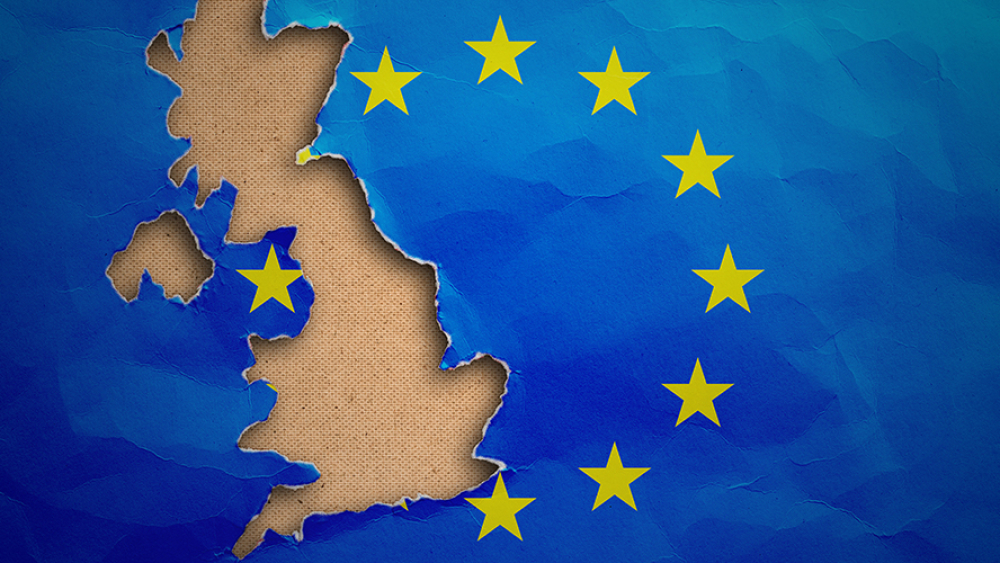4 things you didn't know about Brexit
21 Sep 2018

Just over 2 years ago the British public voted to leave the European Union and ever since all of our social media timelines have been stuffed full of Brexit related news either about the coming utopia or the impending catastrophe.
The stakes are only increasing as the Prime Minister proclaimed that MP’s had one choice to make, vote for the Chequers deal proposed by Theresa May or leave the EU with no deal at all. Whether MP’s trust Theresa May and the choice laid before them is yet to be seen.
EU leaders don’t appear to be keen on it with the European Council President, Donald Tusk, posting a picture of Theresa May and slices of cake. Although Poland has broken ranks and has hinted its open to a softening on the EU side, Hungary has made similar overtures.
That said, substantial progress has been made since 2016, with Brexit Minister, Dominic Raab MP, hinting that the UK and EU were close to securing a deal on a range of issues, including a new data deal. However, nothing is agreed until everything is agreed.
The politics of Brexit aside, how might the world of data and marketing be affected by the UK leaving the EU? Well, there are a number of possible outcomes for you to contemplate.
# 1 In the event of a no deal the UK Government will not seek to limit data transfers between the UK and EU. A move that recognises the UK’s deep regulatory alignment with the EU in regards to data protection. The EU hasn’t promised to do the same.
# 2 Once the UK leaves the EU it will lose access to data deals that the EU has struck with other nations. The Privacy Shield agreement with the USA is one such deal. The UK will need to seek new arrangements not just with the EU but with other nations too, such as the USA.
# 3 Being outside the EU means the UK can set its own rules and therefore we may be able to consign the ePrivacy Regulation to the history books and B2B marketers would breathe a collective sigh of relief.
# 4 Codes of conduct will take on a new importance. Under GDPR international data transfers can be done if the parties involved have signed up to a certified code of conduct. The DMA or FEDMA codes could one day be certified and help facilitate international transfers after Brexit.

Please login to comment.
Comments